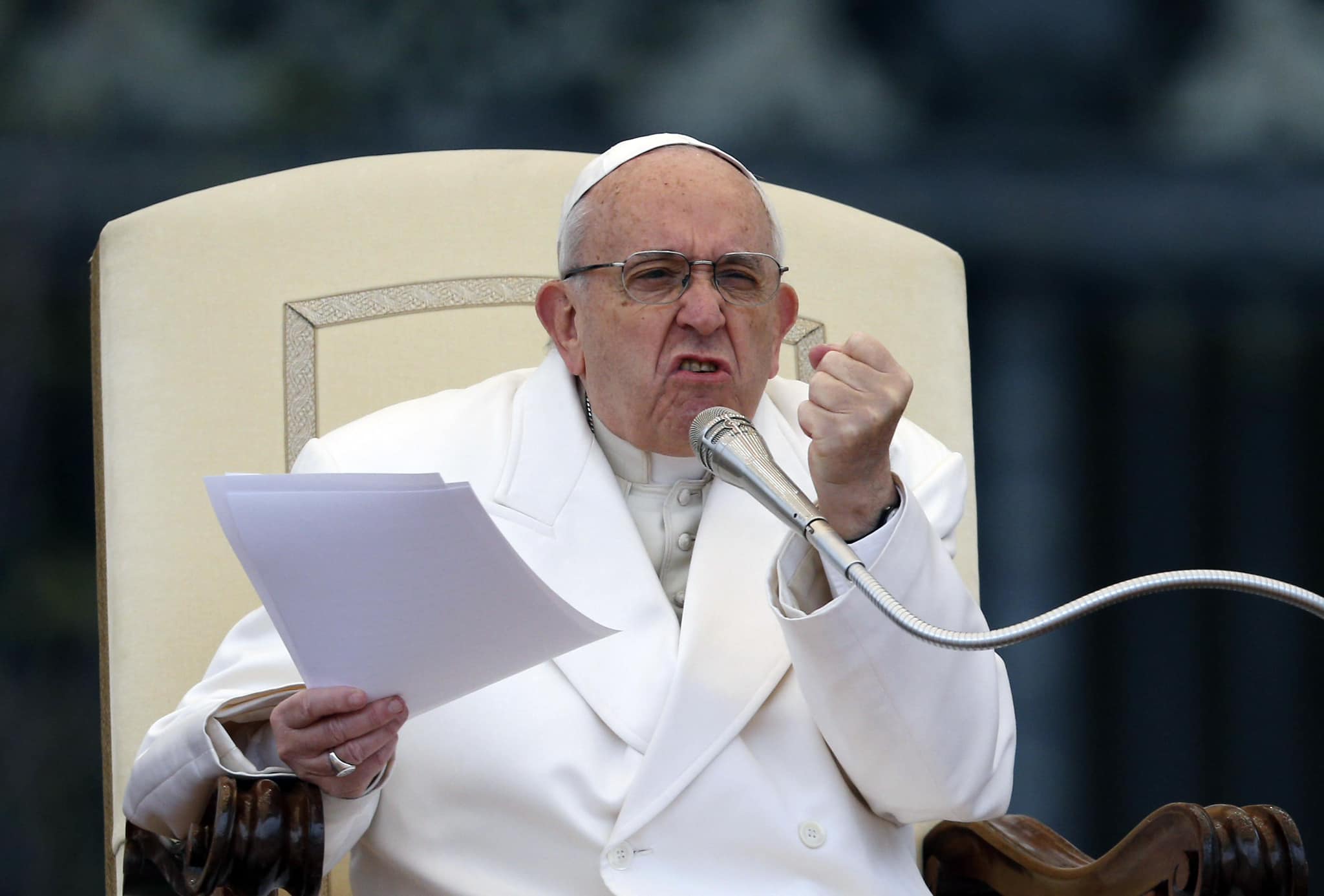323 total views
Homily for Tues of the 1st Wk in Ordinary Time, 10 Jan 2023, Mk 1:21-28

“Speaking truth to power”—this is the English expression that comes to my mind when I hear of Jesus being described by our Gospel today as “ONE WHO TAUGHT WITH AUTHORITY.”
Jesus had a good mentor in John the Baptist, of course, who spoke truth to power even if he was aware that he could lose his head for it. He was not the type who could be intimidated, either by Herod whom he called a “fox”, or by the priestly class, called the Sadducees, with whom he got into conflict when he denounced the buying-and-selling that they had allowed in the temple’s courtyard.
Not even the watchful eyes of the Pharisees could make him hold his tongue. He told them straight to their faces that they “devour the houses of widows and, as a pretext, recite lengthy prayers.”(Mark 12:40) When he was asked by Pilate whether or not he was the King of the Jews, he had the gall to answer and say, “Are you saying this on your own or have others merely told you about me?” (John 18:34).
In today’s Gospel, Jesus is challenged by a man who was possessed by an evil spirit. The aggressive spirit calls him by name—Jesus of Nazareth—and identifies him as “The Holy One of God.” In Jewish culture, naming a person is supposed to be an assertion of power over that person. Take note, the possessed man, or rather the spirit inside him speaks in the first person plural “us” to suggest that he was not alone.
In another story of exorcism, the narrative about the possessed man from the Gerasene region in Mark chapter 5, when Jesus commands the evil spirit to identify himself, he answers by saying “Legion! There are many of us!” In the Roman army, a legion was supposed to be the largest military unit; it could have around 4,200 foot soldiers and 300 horse-riding soldiers. Wow! Imagine 4,500 devils possessing one person? But Mark tells us that not even a threat of numbers could intimidate Jesus.
Pope Francis has often spoken about “speaking truth to power” in his papal audiences. He has popularized the Greek word for it, which is PARRHESIA. In Tagalog we’d say, “tinutumbok ang ibig sabihin” o “hindi na nagpapaligoy-ligoy pa.” It’s not just about being frank; it’s more about speaking boldly, or with courage and conviction.
This is something that becomes difficult when you are already conditioned to always play safe or be “diplomatic” or when you tend to over-qualify your message because you want to please everybody. That’s when you lose parrhesia, says Pope Francis.
People who write strongly worded letters of complaint or criticism but would not sign their names on them, have no parrhesia. There is no way they can expect their words to be taken seriously if they speak out but hide themselves behind a cloak of anonymity.
When I was ordained a deacon I remember the bishop reminding me that the ministry that was entrusted to me was about being a HERALD OF THE WORD OF GOD. He summed up the three points needed to be able to speak truth to power: “Believe what you read, teach what you believe, and practice what you teach.” In short, our words cannot have credibility if we cannot speak them with integrity.
















